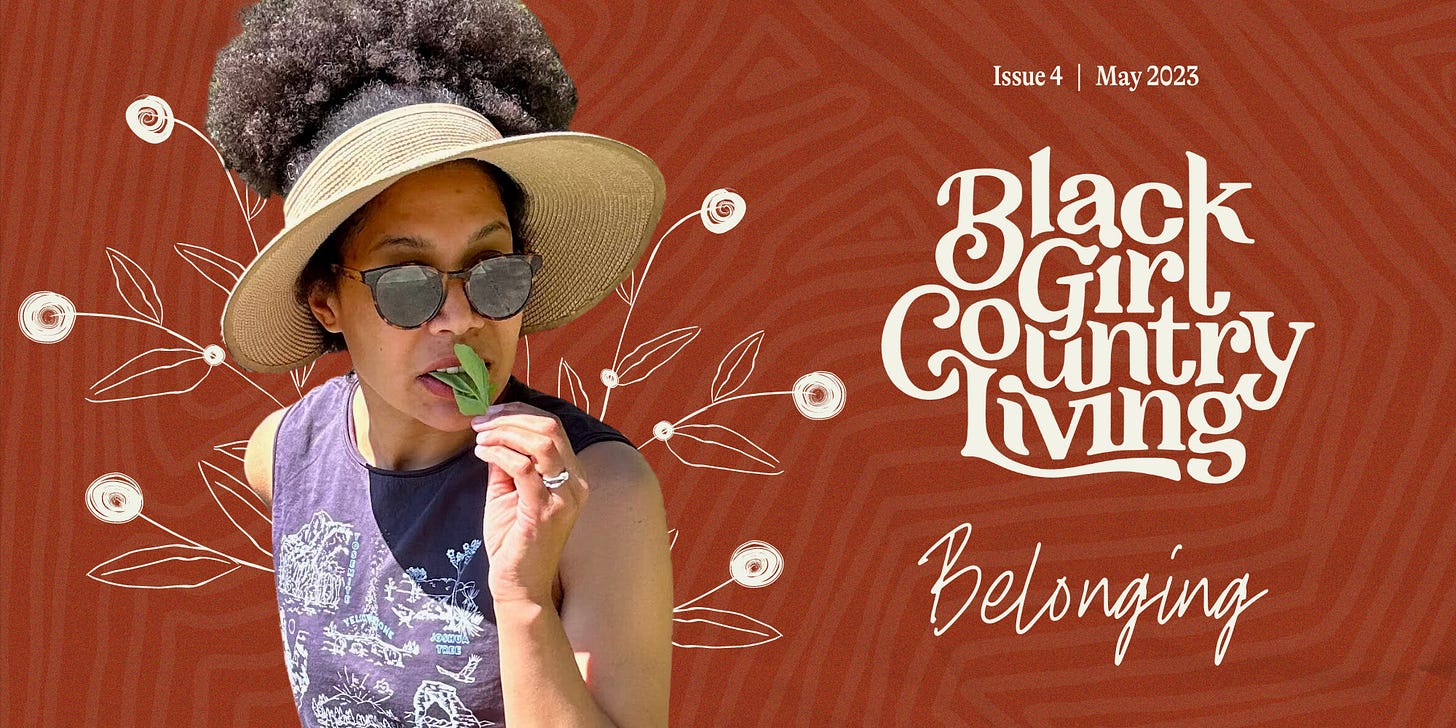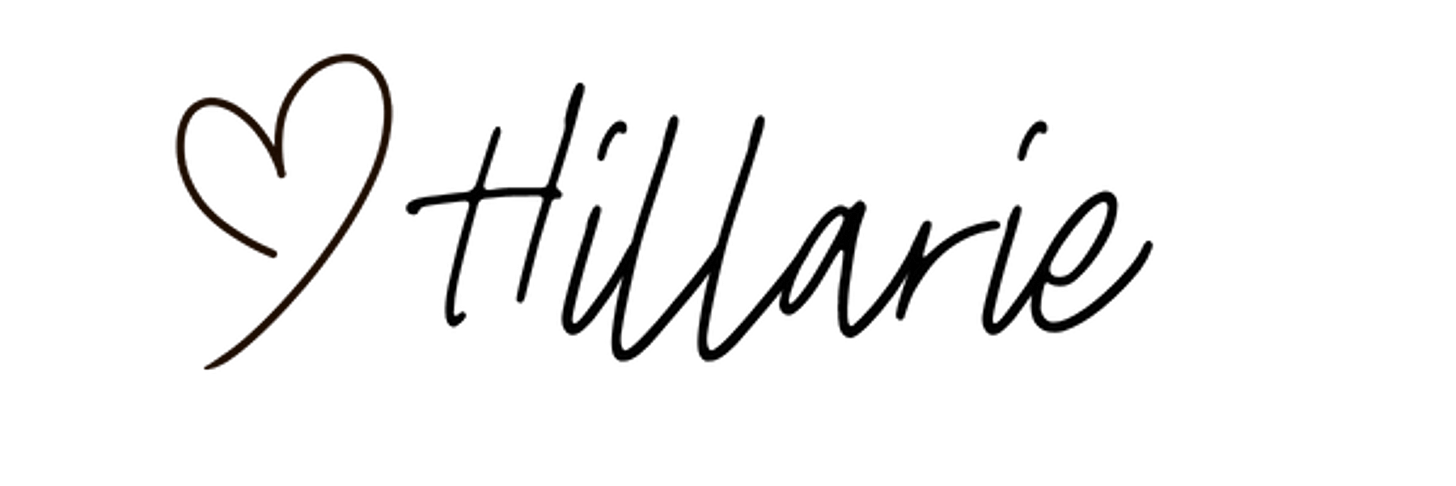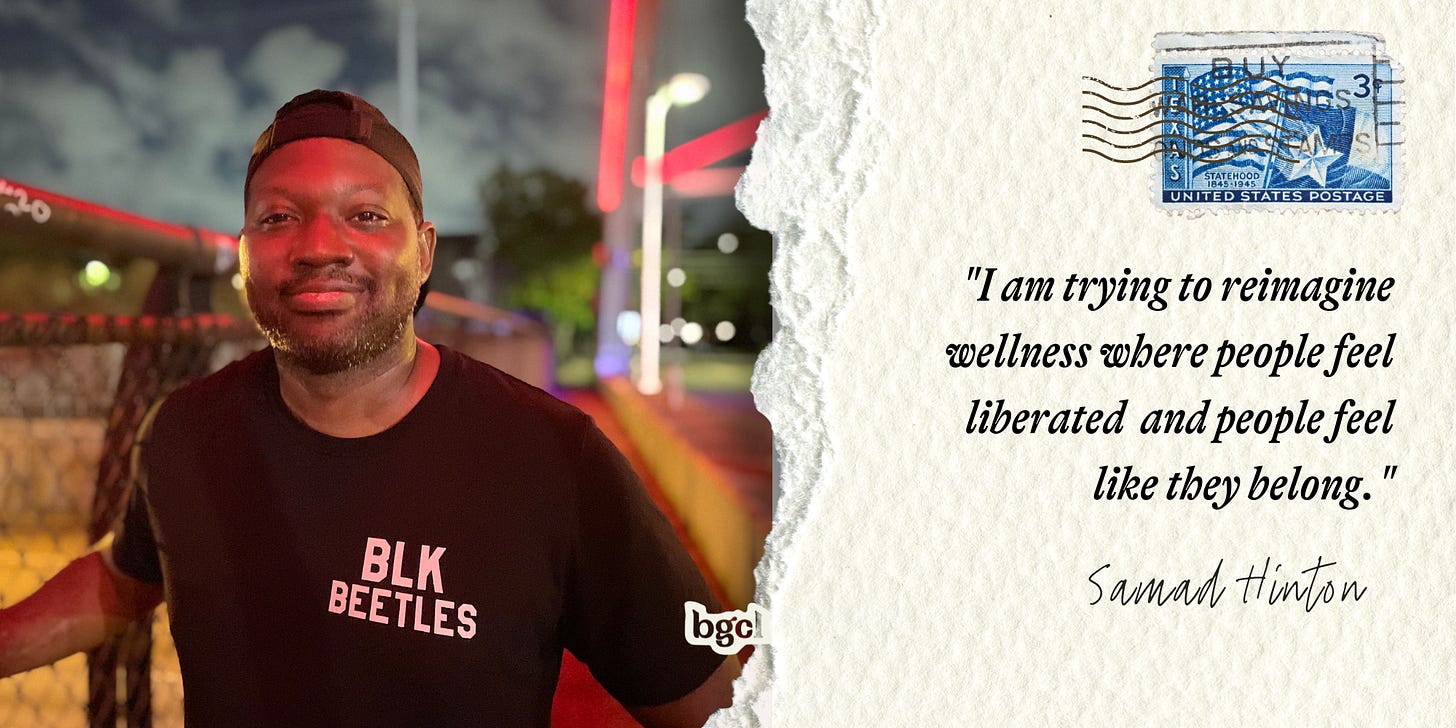BGCL explores nature as a way to reconnect to self, community, and the living world. We go outside to go inward, centering experiences of people of color. Let’s rewild!
Words on Rewilding // where we find belonging
My Dearest Wild One,
Finding belonging has become calling after a lifetime of longing to know it. The feeling was foreign to me after being a lone Black girl amongst the sea of white growing up in the midwest, forever struggling to know what it meant to belong. I was deeply aware that I was different and that my difference made me somehow less worthy—though it wasn’t clear why. I was told that I simply needed to behave in a “respectable” manner and then I too could one day belong. That it was my responsibility to overcome the barriers to belonging by proving that I was worthy of respect and willing to contort myself into any shape in order to receive it.
I excelled at this performance personally and professionally, forever dazzling people with magical stunts, yet always remaining out the outskirts of belonging.
I stood on the outside, holding this invisible load of otherness—while simultaneously being told that the load didn’t actually exist. My knees sometimes buckled under the weight, but I didn’t dare stumble—fearing I may be seen as too weak to belong. I knew that my physical being made others uncomfortable—the texture of my hair, width of my nose, thickness of my thighs. And so I too tried my best to ignore, hide, and disguise. I pretended to be less tall, less smart, less opinionated, less complex, less aware. I craved being told that I was good and I wanted to believe belonging would follow.
But it wasn’t until later in my life that I realized I had been chasing the wrong things. My thirst for approval as a form of belonging waned when I experienced true, unconditional belonging at different moments of my life. Moments when nothing was asked of me in order to receive. Where I was believed to be whole and worthy being, just like every other being. Where I was celebrated for everything I brought into this world. These moments were pivotal times where I experienced truth and love in the highest form.
Moments of clarity that shifted my world view and made me wonder why we have created such a hostile world that perpetuates fear instead of love.
The first was when I married into my husbands big Nigerian family. People from his village were so thrilled to meet me and poured love into me in a way I have never experienced. I will always remember one woman looked at me and said, “She’s beautiful white girl!” That statement blew my mind and taught me many things. It taught me that race is indeed a construct. And after a life of wishing my Black features would disappear, I understood for the first time that there is inherent beauty in my Blackness—even if the rest of the world refused to tell me so.
The second time I felt an immediate embrace was from Mama Nature. I was fresh out of my bed and nursing my new baby when I felt called to be outside on the deck to enjoy a glorious spring morning. My inner bully screamed, “Do something with your hair! Who will respect you looking like that?” I ignored her and stepped out anyway. When I did, the skies opened up and a halo of birdsong reigned down. It was an experience I can only describe as godly. They saw me in all my perfect imperfection and showered me in love and beauty.
Both of these moments reflected to me that belonging is a tool of our imagination that be used for destruction or connection.
They taught me that setting conditions for belonging is a means of control and excluding that which we do not know. But now that I had felt unconditional belonging, I couldn’t un-know that I too could have it. Instead, I had to unlearn the belief that other people held the keys to this feeling of deep connection. So I worked to cultivate self-acceptance, which grew into self-love, and blossomed into self-admiration. I told myself that beauty and worth could look like me until I believed it. Now I understand that the only place I truly need to belong is to myself.
With love from your Rewilding Guide,
Sacred Stories // Fannie Lou Hamer
Belonging to a community is a source of strength and opportunity for many people, but sometimes the community that we need does not exist. This is why the world needs the powerful stories, like Fannie Lou Hamer’s, to remind us that we can create and build the kind of communities that can serve our needs.
Fannie is known for her work in political organizing, but she was equally committed to Black liberation through community-based food activism. As a sharecropper herself, she knew the Black community faced major barriers in the Jim Crow South. But she also knew the power of collective action if basic needs could be met.
With the help of wealthy donors, like singer and activist Harry Belafonte, she founded the Freedom Farm Collective (FFC) to empower the Black community to own their destiny. She believed that together they could transform their community by providing essential resources, offering education, and encouraging Black entrepreneurship.
This month, we honor Auntie Fannie and share 3 lessons she taught us about building communities that serve:
Basic needs must be met: Fannie knew that her community needed to have food, clothing, and shelter in order to escape the grasp of systemic racism. The FFC created a space where folks could find stability through meeting their basic needs while working towards creating their own wealth and independence.
Self-sufficiency is freedom: Starvation has been a cruel political tool used to prevent Black and Native communities from making progress in this country. Fannie understood this and made food education a core part of the FFC’s mission. She knew that once people learned to provide for themselves, there was a path towards independence.
Equitable structures matter: The Collective helped to meet the basic needs of over 1,500 families, most of whom struggled to contribute financially. Instead, they created jobs and leveraged members’ skills to serve the collective. This kind of creative structure allowed equitable access to more community members.
Though the FFC shut down after 7 years, Fannie’s work proved to be a real threat to existing power structures that benefited from the oppression of the Black community. It gave people a path outside of a system that did not want them to survive. And it gave them the ability to build health and wealth in a way that most thought was impossible. This is the power of the collective.
Thank you, Auntie Fannie, for your powerful and sacred stories that remind us of our collective path towards liberation. We stand on your shoulders and use your vision as a guide to what is possible when we work together. 💚
Kith Card // Samad Hinton of BLK Beetles
Kithship is a belonging to a place and an intimate knowledge of that place. Each issue will have a new kith interview sharing a person and a place that are deeply connected.
Creating spaces for joy and love
“I am Samad Hinton, founder of BLK Beetles. I am a community builder, making wellness joy achievable for all here in Houston, Texas. For me, there’s nothing better than seeing people grow, have a space for joy, show up authentically, and say in public: I love you. BLK Beetles is giving people that space to do that.”
How do you connect most with the outdoors?
“My relationship with the outdoors started growing up near the beach in South Florida, with a legacy of family who were farmers and sharecroppers. Now, even as an adult, I am my most calm when I hear the ocean. It feels like it’s my essence and who I am as Samad. The question I ask is: how do we get other folks to feel that they can thrive and feel cared for in these environments?
What does belonging look like for your community?
Whether you just want to run, climb a mountain, or scuba dive—we are fighting to make sure your body is not subjected to danger. As community builders, we are reimagining a place where our bodies are accepted and not in danger in outdoor spaces. Because we also belong there.
How do you see healing taking place in your community?
After losing my father, I began running to take care of myself and find healing without judgement. BLK Beetles started to give folks a space space where they don’t have to grieve, heal, or celebrate alone. It's great to have somebody on the other side that can relate with you and continue to build with you.
You can learn more about BLK Beetles on Instagram or by joining their online community for virtual wellness events. Be sure to check out the upcoming Black Girl Country Living Podcast for the full interview with Samad!
Rewilding Experiences // you belong
Go deeper into the ideas and themes this month through the podcast, instagram, and live experiences.
BGCL Vibes: We seek belonging through lots of things—places, people, things. This month, the BGCL playlist is an exploration of all these ideas, all leading us to a different understanding of where belonging actually exists. Take a listen!
BGCL Podcast: The next podcast drops into your feed May 29th on Substack and all podcast platforms, and this will be the last episode of the season! It would mean so much if you would rate the show and leave a review!
Thanks for reading, Wild One. Tap the ♡ if you enjoyed these stories.
Show your support: Share with a friend that could use some rewilding in their life.













